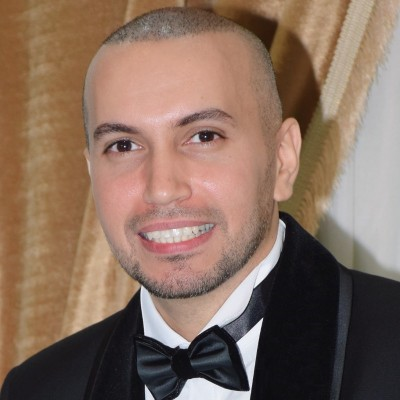MENTORING AND COACHING
From expert mentoring to hands-on project coaching, get the
guidance you need to elevate your Finite Element Analysis
skills - No matter your starting point.
MONTHLY MENTORING FOR INDIVIDUALS
One-on-One support to build confidence, troubleshoot real models and improve your FEA skills with expert guidance.
This is perfect for engineers who want ongoing expert support while working on real simulation projects. Whether you’re looking to level up your FEA skills, avoid costly mistakes, or develop internal best practices, this mentoring program is tailored to your goals and schedule.
Ideal for:
- Individual engineers or consultants doing regular FEA work.
- Professionals transitioning into simulation roles.
- Those looking to strengthen fundamentals or go deeper into nonlinear FEA.
- Engineers seeking accountability and structure to learn faster.
You’ll work directly with Dominique Madier through weekly 1-on-1 Zoom sessions, focused on both skill development and direct project support.
- Personalized support tailored to your goals.
- Live Zoom sessions (once or twice per week).
- Review and validate your models.
- Troubleshoot convergence and contact issues.
- Get help with mesh setup, solver settings, boundary conditions, etc.
- Learn universal modeling strategies - not just software tricks.
- Creation of portfolio that clearly demonstrates your technical skills, problem-solving approach, and real-world impact for interview settings.
- Ask questions and share models anytime during the mentoring period.
Mentoring includes full support for both linear and nonlinear simulation types:
- Linear Static Analysis
- Linear Buckling Analysis
- Modal Analysis
- Nonlinear Static Analysis
- Dynamic Frequency Response Analysis
- You see real improvement in your modeling workflow.
- We have time to review multiple projects or deepen key areas.
- You develop repeatable processes you can use in future simulations.
- You gain not just answers—but understanding.

LET'S DISCUSS YOUR NEEDS IN FEA MENTORING DURING A
FREE 30-MINUTE INTRODUCTORY CALL.

CORPORATE PLANS
Structured FEA support for engineering teams. Combine expert mentoring with course access to boost accuracy, efficiency and confidence.
It’s ideal for:
- Engineering teams needing help with model validation, convergence, or solver setup.
- Companies looking to improve internal FEA workflows and reduce rework.
- Organizations without senior FEA staff.
- Teams that want to grow in-house expertise while working on real projects.
This annual plan combines mentoring + training to support your team in day-to-day work and long-term skill development.
- Expert mentoring with your engineering team members or individual Zoom sessions.
- Simulation reviews and validation before sign-off.
- Help with modeling approaches, solver issues, contacts, and more.
- Annual hour bundles for flexibility.
- Unlimited access to FEA Academy’s online courses (Basic & Nonlinear).
- Hardcopy of the book “Practical Finite Element Analysis for Mechanical Engineers” (Platinum plan only)
You’ll always have an expert in your corner without chasing answers online.
We support a full range of simulation types:
- Linear Static
- Linear Buckling
- Modal Analysis
- Nonlinear Static & Buckling
- Dynamic Frequency Response
Support includes:
- One-on-one mentoring (for key engineers).
- Group/team mentoring (for common topics or crosstraining).
- Validation reviews of internal simulations.
- Practical modeling tips to reduce errors and save time.
- 30% fewer simulation errors.
- 20% faster project turnaround.
- Higher confidence in results presented to clients or internal stakeholders.

LET'S DISCUSS THE NEEDS IN FEA MENTORING FOR YOUR TEAM
DURING A FREE 30-MINUTE INTRODUCTORY CALL.




















"How to Get Your FEA Right the First Time. No Doubts, Just Reliable Results"
LET'S TALK ABOUT YOUR
FEA TRAINING & MENTORING
NEEDS TOGETHER

FEA Academy and Dominique Madier have been featured across respected engineering and technical media.
Discover interviews, expert insights, and appearances highlighting advanced finite element analysis, simulation strategy, and engineering best practices.
Explore our media features and see where our expertise has been recognized.




